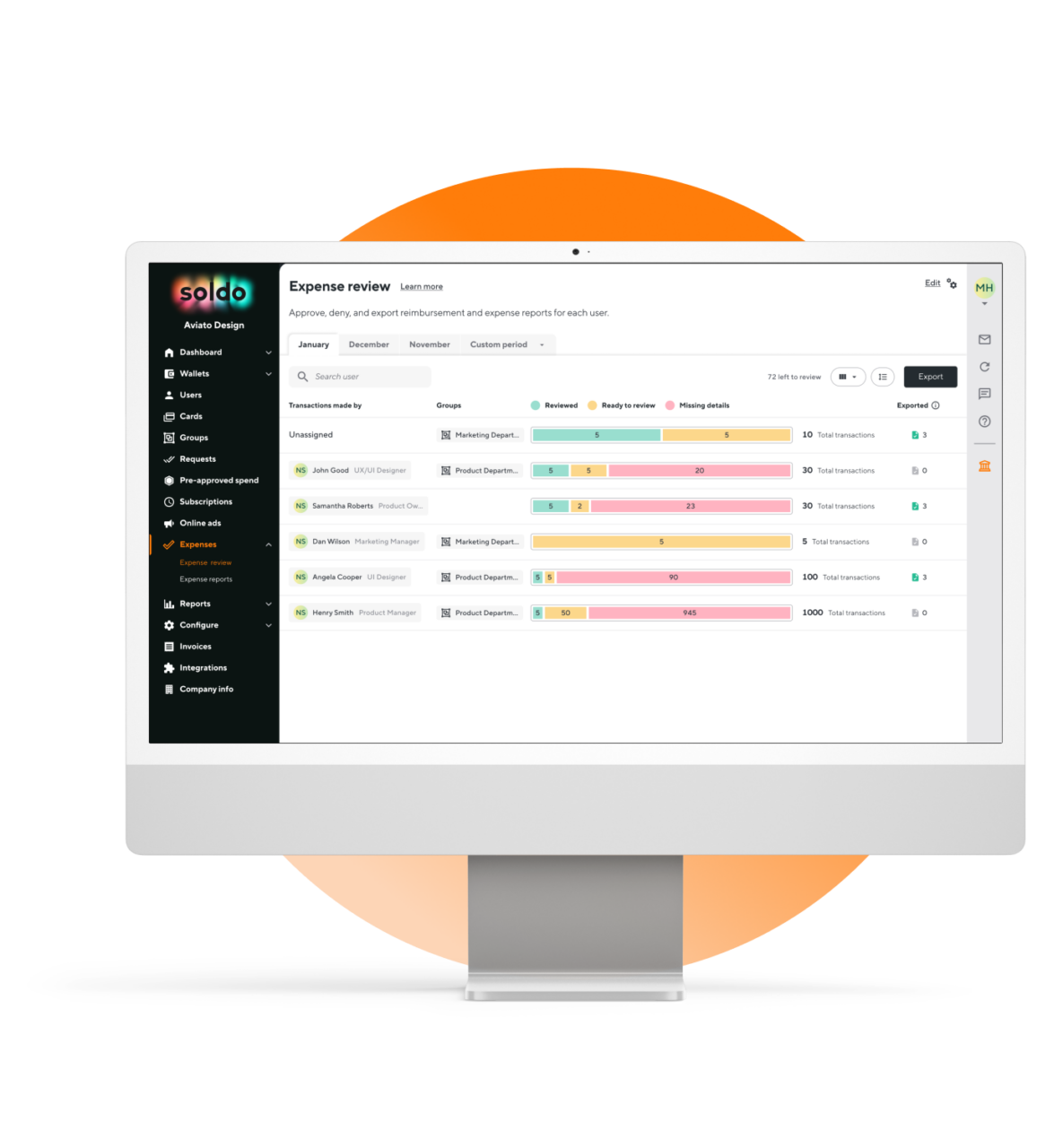Expense management is the system and process you use to pay and report on expense claims, from train tickets to stationery to SAAS subscription services.
Many small businesses are surprised at the sheer effort involved in tracking and auditing this constant stream of small but significant payments, which is why many don’t do it well. It gets particularly complex when you also have staff to worry about. Traditional expense systems require significant effort from employees. Filling out expense claims is time consuming and is not a value adding exercise for companies. But thanks to technology, there are ways to make the process of managing all the payments your business needs to make significantly easier, more cost-effective and way more time-efficient.
Managing your expenses with expense management software is important for four reasons:
Expenses are a sizeable business cost. One survey found that companies spend on average between 6-12% of their total annual budget on travel and entertainment. The same research found that the cost of processing these expense claims or extracting useful value from the data can vary wildly. Achieving a single actionable expense report can range from just under $7 for automated systems to over $26 for manual/Excel-based processes.
Companies that lose track of expenses risk losing money. A Soldo survey of 2,500 employees revealed that over a third claimed for things they shouldn’t, averaging out at £117 in fraudulent claims each month. Even when fraud is not a factor, smaller businesses consider controlling company spending as one of the biggest challenges they face.
Expense claims have to be legally compliant. To claim back tax on employee business expenses you have to be able to prove to HMRC that they are genuine, meet all criteria for employee business expenses and that the cost is reasonable and appropriate. Additionally, the need for expense claims to be compliant, for general business purposes, as well as for VAT has become more important than ever due to MTD. Businesses are unable to claim back VAT if they are not in possessions of VAT invoices or VAT receipts with the relevant tax split. Failure to record VAT expenses accurately can result in companies losing cash by not being able to maximise their VAT claims. A recent report from Soldo shows that on average most businesses fail to claim back 8% of VAT costs. However, a robust expense management process – especially one linked to accountancy software – can ensure you always remain compliant and take advantage of VAT refunds.
Hybrid working creates new challenges. The shift to hybrid working creates a new set of challenges related to employees needing to make purchases. Not being physically present in the office increases the chance of fraud due to the potential of employees sharing corporate credit cards with one another, alongside phishing emails from fraudsters impersonating CFOs and CEOs, asking for bogus transactions to be made.
Expense Management: the old way.
Businesses typically handle expenses in one of three ways:
1. Petty cash expenses:
Many small businesses still operate a petty cash fund, which employees dip into for small value purchases, replacing cash with the relevant receipts. Expenses are recorded in a general petty cash book or ledger when the petty cash fund is topped up at the end of each accounting period. The petty cash system continues to be popular, despite its administrative difficulties (endless scraps of paper or plain theft!) and the number of available alternatives.
Businesses using cloud accounting software have to repost petty cash ledgers on their software, which they then have to operate similarly to a bank account. However, this is hugely inefficient as all of the transactions have to be entered manually, in contrast to transactions on other similar accounts being pulled through automatically via banking feeds.
2. Out of pocket expenses:
Out of pocket expenses are the most common type of expense method for SMEs. This system requires employees to lay out funds personally, from their current accounts or on their personal credit cards. This negatively impacts the cash flow of staff and can damage relations between employees and companies if they are not paid back in a timely and accurate manner. Employees normally submit their reimbursement claims once per month via template spreadsheets. The manual nature of completion means that spreadsheets are often riddled with errors due to incorrect values, tax treatment and expenses commonly being taken to the wrong category.
3. Corporate credit cards:
Company or business credit cards for small business avoid the risk associated with employees carrying petty cash. Similarly, employees are not left frustrated by being forced to pay for company items out of personal funds. However, giving out traditional company credit cards presents a potential fraud risk and, with high credit limits, spending can be difficult to control. It can be weeks before unauthorised spending gets spotted.
| Jump to top |













